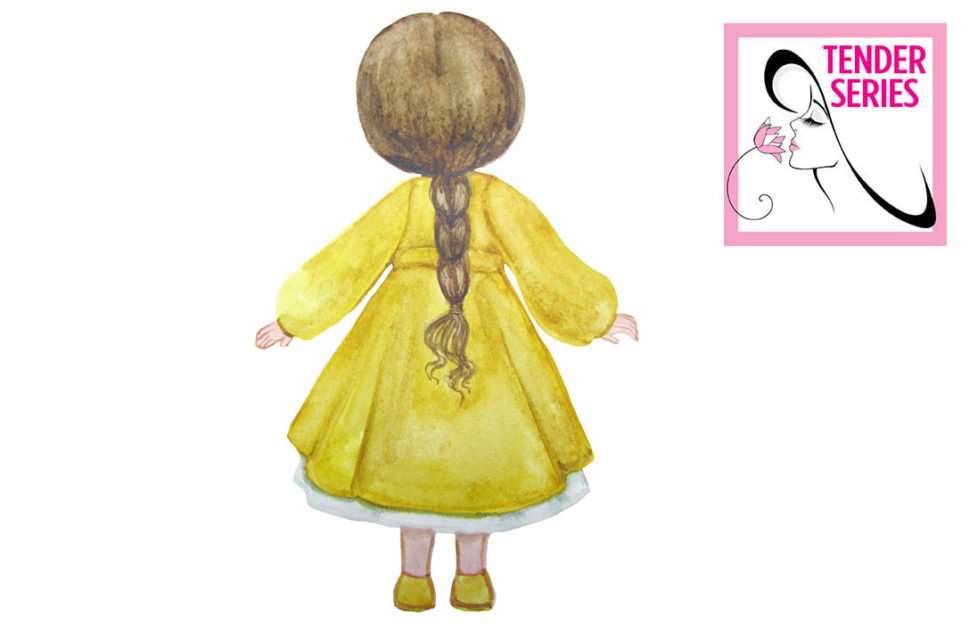Promise To Keep

What happens when the right thing to do is suddenly unclear?
Ecuador
Dr Miriam Hall had two hours before the boat taking her on the long-awaited trip to Baltra in the Galapagos Islands would depart. She was excited, eager to see this place everyone waxed lyrical about.
After a year aboard a medical ship sailing the west coast of Africa which stopped to perform operations on underprivileged communities, she was looking forward to a holiday before heading home to New York.
After a pleasant wander through the quiet, narrow cobbled streets of the dockside town, she returned to the square near the waterfront.
Finding a bench beneath a large tree she opened her water bottle and drank thirstily. Apart from a few other westerners who she presumed, like herself, must be awaiting the boat’s departure, the place was deserted.
Siesta time, she supposed.
Suddenly a group of chattering children appeared, accompanied by two nuns.
Miriam watched the well-ordered procession file across the square, her gaze momentarily caught by a small girl wearing a dress the colour of daffodils.
The vibrant yellow stood out against the bright, multi-coloured garments the other children wore, as though, Miriam thought, she was considered special and so deserved a dress somewhat different to them. It made her smile, for much as it may have seen better days – tattered, a pocket hanging loose, buttons missing – the girl seemed to wear it with pride, swivelling, watching the skirt flare and fall around her brown legs.
As the small party walked close by and the girl lifted her face, Miriam knew her intuition regarding the significance of the dress had been correct. It clearly made the child feel special and had been given to her for just that reason.
She was a tiny little thing, skinny, with huge dark eyes, which returned Miriam’s scrutiny with open curiosity.
Miriam’s equally curious but professional gaze registered the bilateral, abnormally wide cleft palate that had left her with a deformed nose and missing septum, creating in that small face a large, dark opening.
As a reconstructive surgeon, having successfully operated on countless such deformities, many much worse than the one before her, Miriam knew the outcome for this child, should the procedure be allowed to happen, would be excellent. Her heart leapt with optimism knowing that she could make such a difference to the child’s life.
But where to start? And really, what could she possibly do in the short time before her boat left?
The group had paused. The nuns appeared to be issuing instructions, for each child took time, giggling, choosing other hands to hold, thus forming pairs. The girl in the yellow dress stayed where she was, and as though sensing something, continued to stare at Miriam.
“Mica!” she heard a nun call, but still the child didn’t move.
Placing her drink on the bench, Miriam grabbed from her bag a pad and pen, intending to show by sketching, the difference an operation would make.
However, she was wary of approaching the nuns, worried they would see her as merely an interfering foreigner – on top of which, communicating with them was sure to be difficult. Her Spanish was poor and the chances of them understanding English didn’t seem high, but she felt impelled by her instinct to do something.
The nun at the rear of the group called again, “Mica!” glancing at Miriam. She frowned, urging the group onward.
Do it! Miriam urged herself silently. Don’t let her go.
Her pulse quickened, sent a rush of adrenalin through her overriding all thoughts of caution and she rose, stepping forward. Seeing this, the nun hurriedly moved to take the child’s hand.
Miriam blurted out, “Please, please,” then in halting Spanish, “Por favor, esperar?” heaving a sigh of relief as the nun called to the older sister at the head of the group who bustled back, anxiety lining her face.
Indicating the shade of the tree, Miriam smiled, beckoned them forward, watching the clearly cautious women usher the children beneath the wide canopy. The older nun frowned, her glance flickering back and forth from Miriam.
Oh, dear! Perspiration broke out on Miriam’s forehead.
“Uno momento?” she murmured. The last thing she wanted to do was alarm or anger the nuns and have them march the children away. She had to convince them to listen, give her a chance to show what could be done for the girl.
Opening her pad, an adept sketcher, Miriam quickly drew the facial opening gathered together and held in place by a row of tiny crosses, adding a septum to an almost perfectly shaped nose.
Tearing the paper off her sketch pad, she held it out…
The Sister took it, nodded; the younger nun placed her hand on the girl’s shoulder.
Miriam put a hand on her own chest.
“Me, I Medico… um… fabricar… bueno? Pronto?”
“Ah. Si? Bueno, bueno!” The nun’s faces creased with smiles, they chatted excitedly, handing the paper to the child whose eyes widened as she studied it.
One small, brown finger moved to the opening beneath her nose before her gaze lifted to Miriam’s.
Miriam dropped to her haunches, smiled. “Me, Miriam,” she said. “You nombre, Mica?”
“Mica.” She nodded with a wide smile.
“Huefarno,” the older nun said, her hand stroking Mica’s black silky hair.
“Ah. Si.” Miriam understood. Orphan. No doubt Mica had been abandoned at birth, a fate for many in places where a disfigurement was still considered a social stigma. How lucky they were, she thought, to have these nuns, and many like them, as saviours.
She looked around, checked her watch. Other Europeans were meandering from the square. Time to go. She bit her lip.
If she left now, took her holiday, surely it would be easy enough to find Mica on her return. All she had to do was locate the convent.
But what if it wasn’t so simple?
“Miriam!” she muttered. “Stop it. Go catch your boat.”
She looked up at a sea of expectant faces and was filled with remorse. She’d acted unprofessionally, on impulse, given the child, and the nuns, a glimmer of hope on a piece of paper. She’d disregarded the certainty of red tape, endless delays and form-filling needed for permission to operate on a child without any parental consent, plus the probability that the operation would need to take place in the States.
It was daunting – but on her return she would definitely do it.
Miriam raked her hair, sighing, glanced in the direction of the dockside, and on looking back at the nuns saw the light had gone from their eyes. It caused a knot of anguish. Between them they may not be able to communicate very well with words but her body language must have spoken volumes to them.
“I come back,” she said. “Promesa.”
“Si.” The older nun shrugged.
Miriam bit her lip…
The motion made her wonder if something similar had happened before, a well-meaning foreigner who hadn’t kept the promise.
What to do?
Thankfully, as she hesitated, the decision was made for her. With a shy smile, Mica moved closer, slipped her hand into Miriam’s and held onto it tightly.
The simplicity and absolute trust in the gesture, to herself, a complete stranger which clearly said, “I believe in you”, brought a lump to her throat.
A siren sounded from the dock. Miriam glanced in the direction as another siren blared. The boat, ready to leave. She slid the holdall from her shoulder, let it fall to the floor and tightening her grip on Mica’s hand, smiled. Her holiday could wait. There was a lot to do and she wanted to get started as soon as possible.
The nuns beamed, clapped their hands.
Mica’s bottom lip quivered. She looked up at Miriam, a solitary glistening tear running down her face. Taking the hem of the daffodil-coloured dress, gently Miriam wiped the tear away.
We’re sharing tender stories from our archives every Monday and Thursday during July. Look out for the next in the series, and enjoy the previous ones here.
Don’t forget, we have exciting new fiction every week in My Weekly. Pick up a copy or subscribe for a great discount offer!




